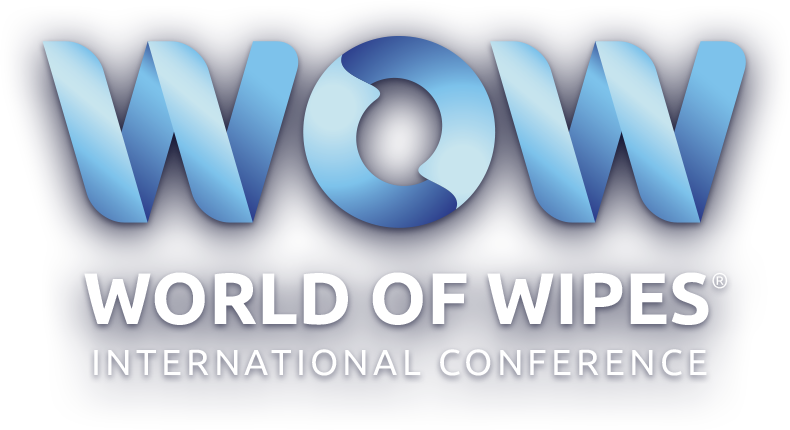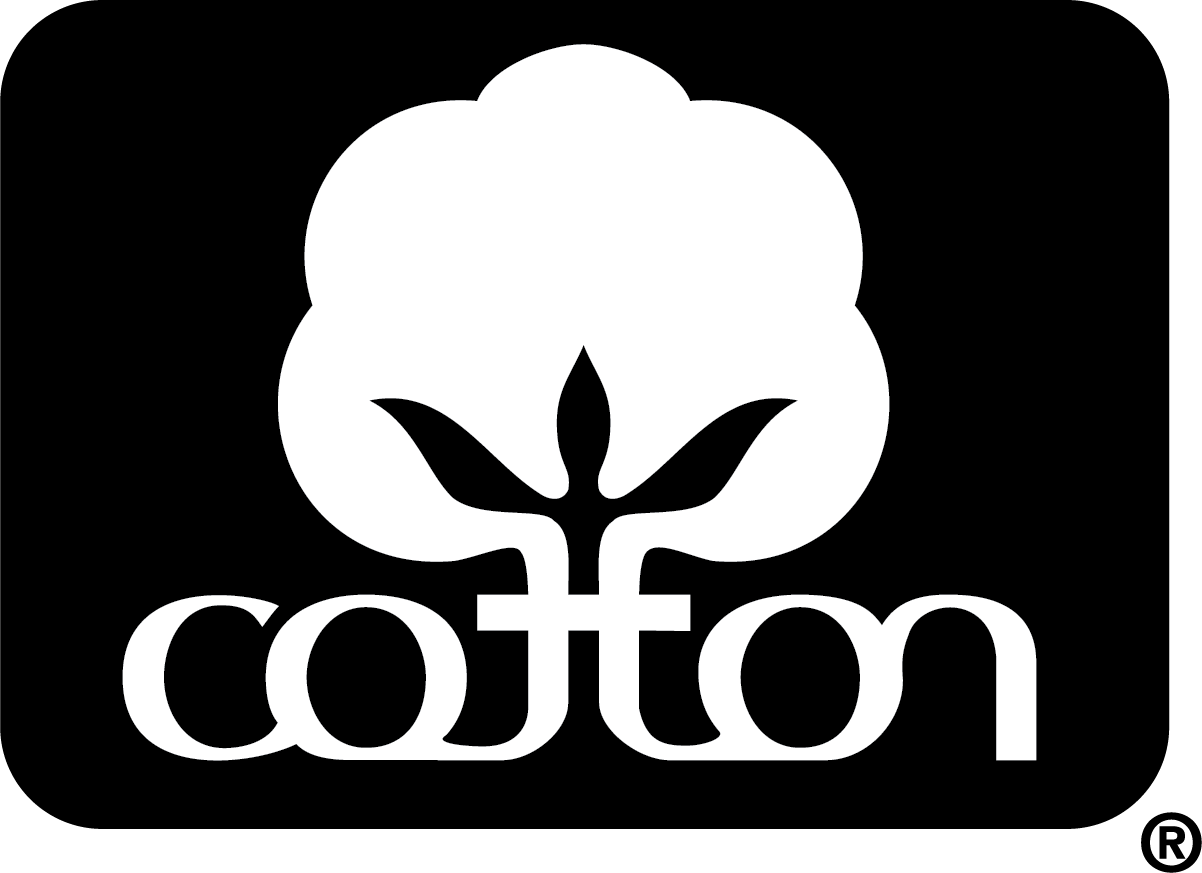Pre-Conference Webinars
The WOW pre-conference webinars are intended to bring the industry together before the live event, as a new place to gain content and get your questions answered.
All industry professionals are welcome to view the live webinars at no cost. Recordings of both webinars will be made available ONLY to full conference registrants.
Advanced Cellulosic Solution for Disinfection Wipes
Axel Russler, Ph.D., Project Manager, Lenzing AG
Tuesday | July 15 | 9:00 AM – 9:45 AM EDT
Disinfection wipes are typically made from nonwoven synthetic fibers like polypropylene and polyester, ensuring strength, flexibility, and controlled moisture release for effective cleaning. A key factor is achieving durability while maintaining softness and absorbency. With rising environmental concerns, there's a shift towards environmentally-responsible cellulosic alternatives to mitigate microplastic problem. However, cellulose fibers, though eco-friendly, pose technical challenges: they absorb more liquid, reducing cleaning solution release, may weaken disinfection efficacy, and have lower wet strength, compromising durability.
Lenzing has developed an advanced cellulosic solution which can effectively address these challenges. Central to this approach is a specially designed Lyocell fiber, optimized for disinfection applications. These fibers not only deliver superior wet strength and durability compared to regular viscose but are also manufactured with a special profile that enhances the wiping performance. This design facilitates a consistent and increased release of disinfection agents, overcoming the typical adhesion issues associated with cellulosic fibers.
This presentation will detail our research and development process, highlighting experimental results and scalability potential. Our work represents a significant advancement in the nonwoven industry, offering a sustainable, high-performance alternative to traditional synthetic wipes, and paving the way for environmentally responsible disinfection solutions.
Industry Expert: Axel Russler, Ph.D.
Project Manager, Lenzing AG
Axel Russler studied wood science and technology at the University of Hamburg, where he completed his doctorate on a viscose fiber topic in cooperation with the University of Natural Resources and Life Sciences, Vienna (BOKU).
Over the past twenty years, he has held various positions in the cellulose fiber industry and related academia.
Axel Russler has been with Lenzing AG since 2016 and works mainly on fiber innovations fornonwovens and technical products.
Impact of the Fabric Type on the Type of Preservative Solution Efficiency
Noa Ziklo, PhD, Manager of the Microbiology Unit, Sharon Personal Care
Wednesday | July 16 | 10:00 AM – 10:45 AM EDT
Preserving wipes is complex and known to be challenging. The microbiological risk is due to the unique product characteristics of wipes, which are composed of both a liquid formula (lotion) and a fabric.
The choice of fabric for wet wipes is influenced by several physicochemical properties that affect performance and safety. Nonwoven fabrics can be made from synthetic fibers like polyethylene terephthalate (PET) or more and more natural fibers such as viscose and cellulose, but most commonly - a combination of both in various ratios. However, biodegradable fabrics, while environmentally friendly, are likely to pose a higher contamination risk due to their hydrophilic nature.
Our research identified microbiological risk associated with the following two factors: the first one is the tendency of non-woven to promote the formation of a biofilm, and the second one is the type of fabric. The latter will be a key driver in selecting the right preservation approach. Indeed, the growing trend of using polysaccharidic natural fibers (wood pulp, viscose, etc.) requires a significantly more hydrophilic preservative system than most of the currently used ones. In addition, the industry is facing another hurdle: a strong trend of "free-from" claims, which limit the choice of ingredients and preservation systems.
In this presentation, we will display effective preservative avenues by establishing the quantitative correlation between different fabrics and the anti-microbial efficacy, as a result of understanding and optimizing the relationship of the couple fabric nature/preservative.
Industry Expert: Noa Ziklo, PhD
Manager of the Microbiology Unit, Sharon Personal Care
Manager of the Microbiology Unit of the Innovation department at Sharon Personal Care for the past 6 years. Leading our research projects to develop innovative, natural and green preservative solutions and skin care products, under the tight and restricted market demands, from proof of concept to the final product development stages.
Ph.D. from the Sunshine Coast University, Australia, and post-doctorate in microbiology from University of California, San-Francisco (UCSF). Specializing in women's health, infectious diseases, immunology, host-pathogen interactions, and microbiome research.













